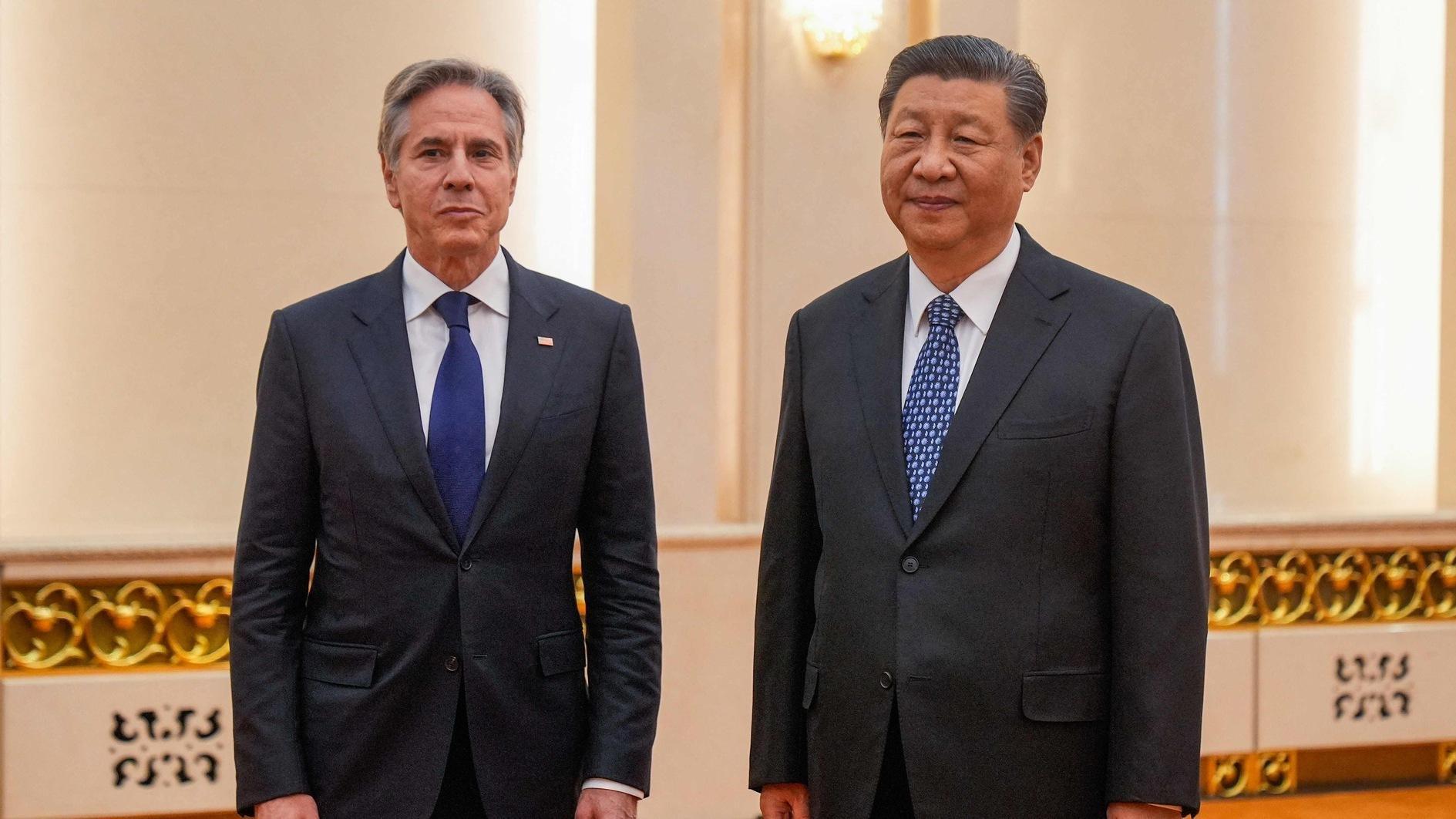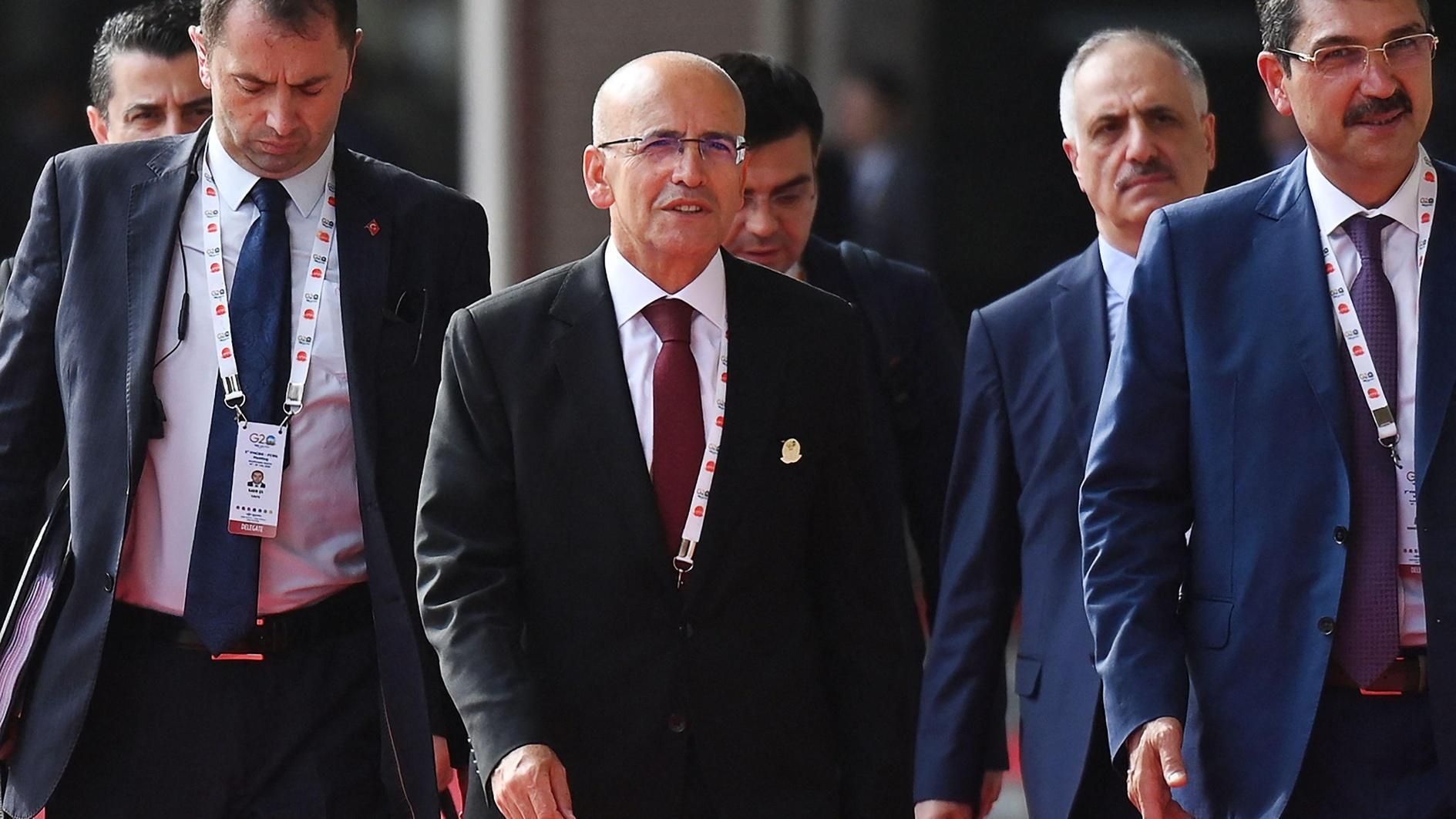A coalition government or renewed elections?
The June 7 elections put an end to the unchallenged hegemony of the Justice and Development Party (AKP), which has marked Turkish politics since 2002. This was a breath of fresh air, also for the AKP, as after about a decade in power, it had been drawn into authoritarianism and corruption through power. The future, however, is uncertain at this point. We can either have a coalition government that can take Turkey forward, or an unstable era of an uninspiring coalition, or an emboldened AKP (and President Tayyip Erdoğan) that may come back with a vengeance.
Here is why. There are four parties in parliament, but one of them, the Nationalist Action Party (MHP), is categorically against another, which is the pro-Kurdish People’s Democracy Party (HDP). This limits the number of coalition governments that can come out of this parliament. As Ankara observers point out, there are two major options right now: Either a coalition of the AKP and the main opposition secular CHP, or a coalition of the AKP and the nationalist MHP.
I know many anti-AKP voices are furious about both options, for they both include the AKP. But these voices have to be realistic. The AKP is still Turkey’s largest party, and writing it off out of the game may not be that “democratic” to begin with. Moreover, a meaningful coalition may help taming the AKP, bring it back to the pragmatism that it once exemplified, and save it from being an army of apparatchiks serving a Grand Master.
Among these two options, my heart would go for an AKP-CHP coalition. This would not only create a promising government, but also signify a historic reconciliation between the two major camps in Turkey that have resented each other for about a century: Religious conservatives and the secularists. It would be a major accomplishment of consensus, perhaps similar to the one Tunisians were able to achieve last year when Islamists and secularists agreed on a liberal constitution.
But “consensus” is a very un-Turkish thing. That is why the AKP-CHP coalition, which looks so reasonable to many outside observers, is difficult. Hate levels between these two parties, and their voters, are very high. Meanwhile, the voters and cadre of the AKP and the MHP, which both fall on the “right” side of Turkish political spectrum, are less hostile to each other. That is why some see the AKP-MHP coalition as a bigger possibility.
Yet that coalition will imply a hawkish stance against the Kurdish political movement, both inside Turkey and beyond, which will create dire consequences. Murat Yetkin’s column in the Hürriyet Daily News was right on point yesterday, with the following observation:
“Here is Davutoğlu’s hard choice. He can opt to stop the talks with the PKK and form a coalition with the MHP, facing the consequence of escalating polarization in the country and more involvement in the Syrian civil war by giving priority to the fight against the PKK. Or he can carry on with the process, which can soothe domestic tension and give more weight to the fight against ISIL, through a coalition with the CHP.”
Finally, there is the third option: Renewed elections in the fall. This will happen if coalition talks fail in the next 40 days. Word has it that Erdoğan is interested in this option, for he hopes that the AKP may increase its votes if people go to ballots again with frustration over instability. And some fear that he may be right.











